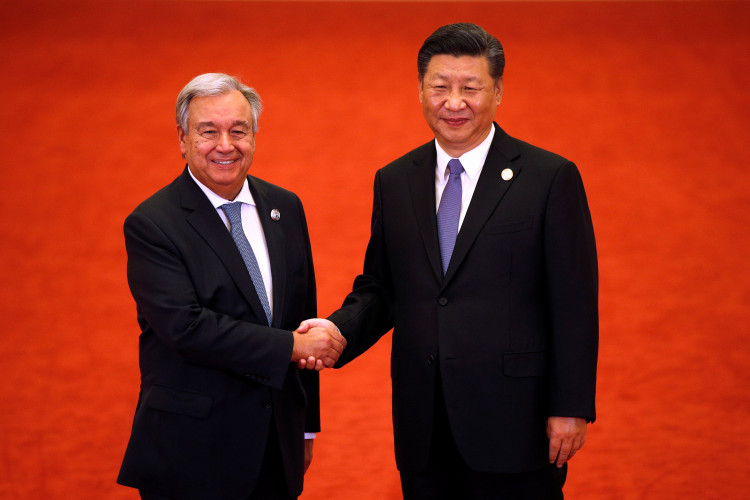The United Nations is again short of cash but is this time facing its "worst cash crisis" in nearly a decade.
"The organization is facing a severe financial crisis," admitted Secretary-General Antonio Guterres Tuesday. "To be more specific, a severe liquidity crisis. The equation is simple: without cash, the budget cannot be properly implemented."
Guterres told members of the budget-setting Fifth Committee on Tuesday the situation was so desperate last month's General Assembly in New York only took place because of emergency spending cuts made earlier in the year.
"This month, we will reach the deepest deficit of the decade. We risk ... entering November without enough cash to cover payrolls," said Guterres. "Our work and our reforms are at risk."
Guterres said the Member States have only paid 70 percent of the amount needed for 2019. As a consequence, the UN will "run the risk of depleting our backup liquidity reserves by the end of the month."
Guterres also said the UN was so cash-strapped it was compelled to borrow funds set aside for UN Peacekeeping Operations to meet its expenses over the past few months. But resorting to this extreme measure means the UN risks "exhausting the closed peacekeeping cash reserves and entering November without enough cash to cover payrolls."
At the core of the UN's current money problems is the usual cause: the Member States not remitting their contributions on time.
At the end of September, Member States had paid just 70 percent of the total assessment for the regular budget. At this time in 2018, the figure was 78 percent, said UN spokesperson Stephane Dujarric.
Of the UN's 193 Member States, 129 had paid their dues for the organization's 2019 budget by Tuesday. The remaining 64 Member States were still required to pay "urgently and in full."
The United States, the largest contributor to the UN, is again a problem member. It still owes the organization $381 million for prior regular budgets and $674 million for the 2019 regular budget. The UN said it still has to collect $1.3 billion from the Member States for the year.
Among countries that have reportedly failed to pay their annual dues to the UN are Saudi Arabia, South Korea, Brazil, Iran, Israel, Mexico, and Uruguay.
Guterres said he has been "forced to introduce extraordinary measures to cope with the record-level shortage of cash."
"Vacant posts cannot be filled, travel will be limited to essential travel only, meetings may have to be canceled or deferred," he pointed out.






